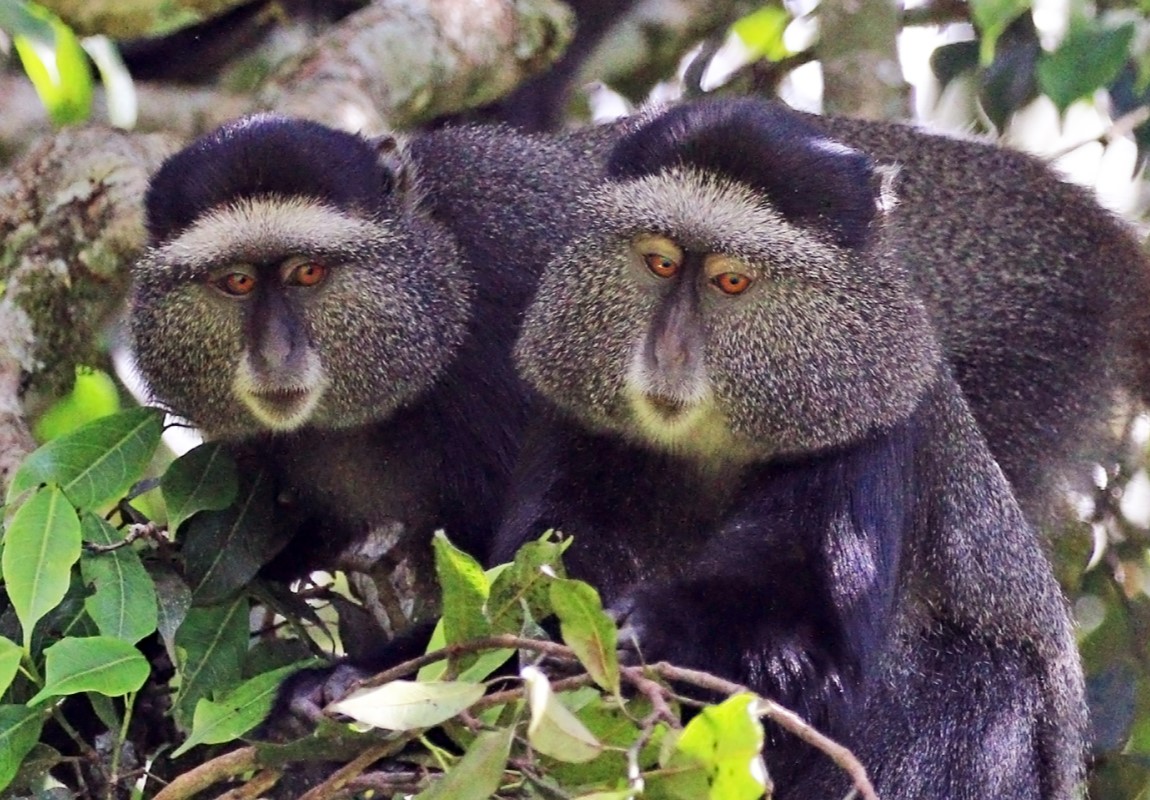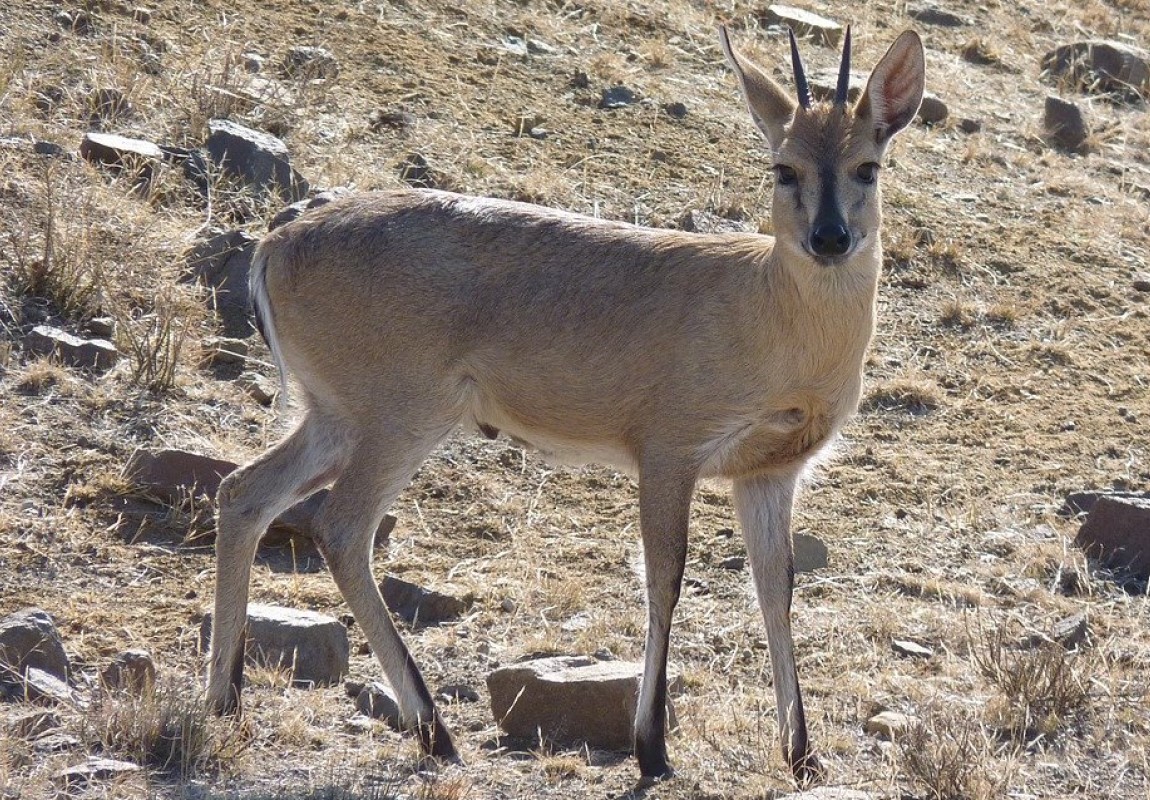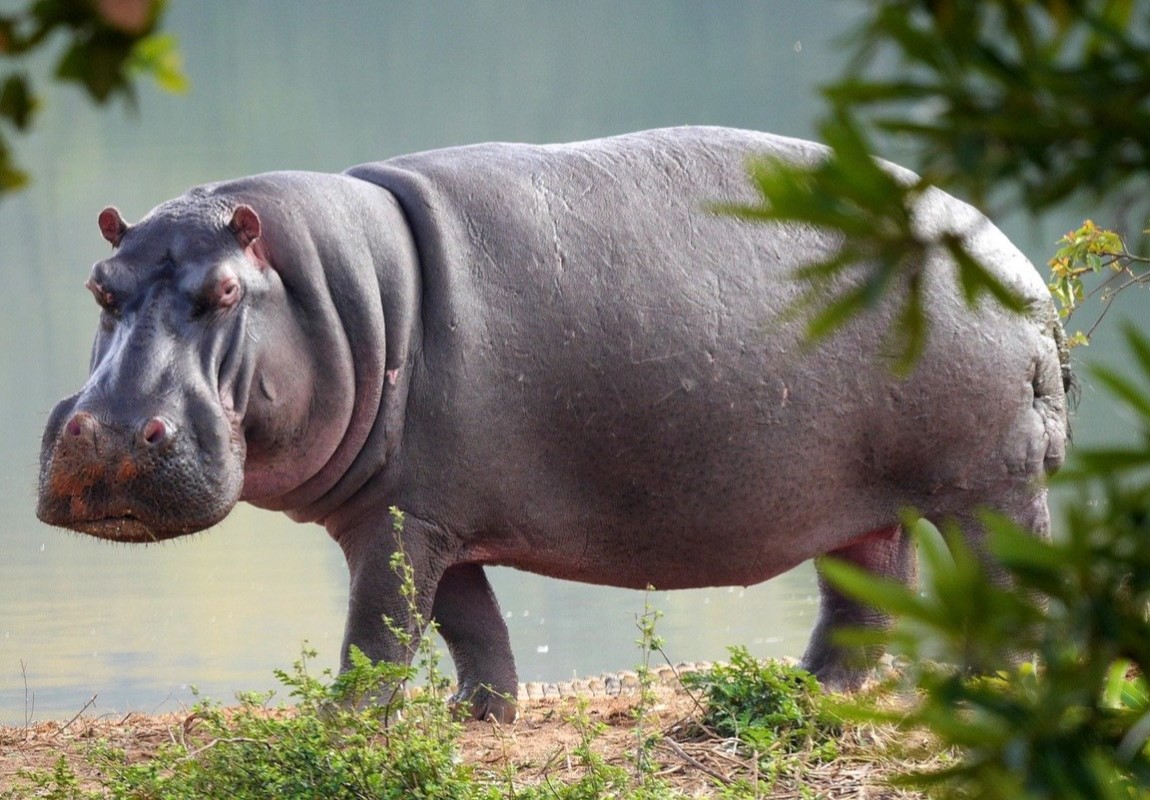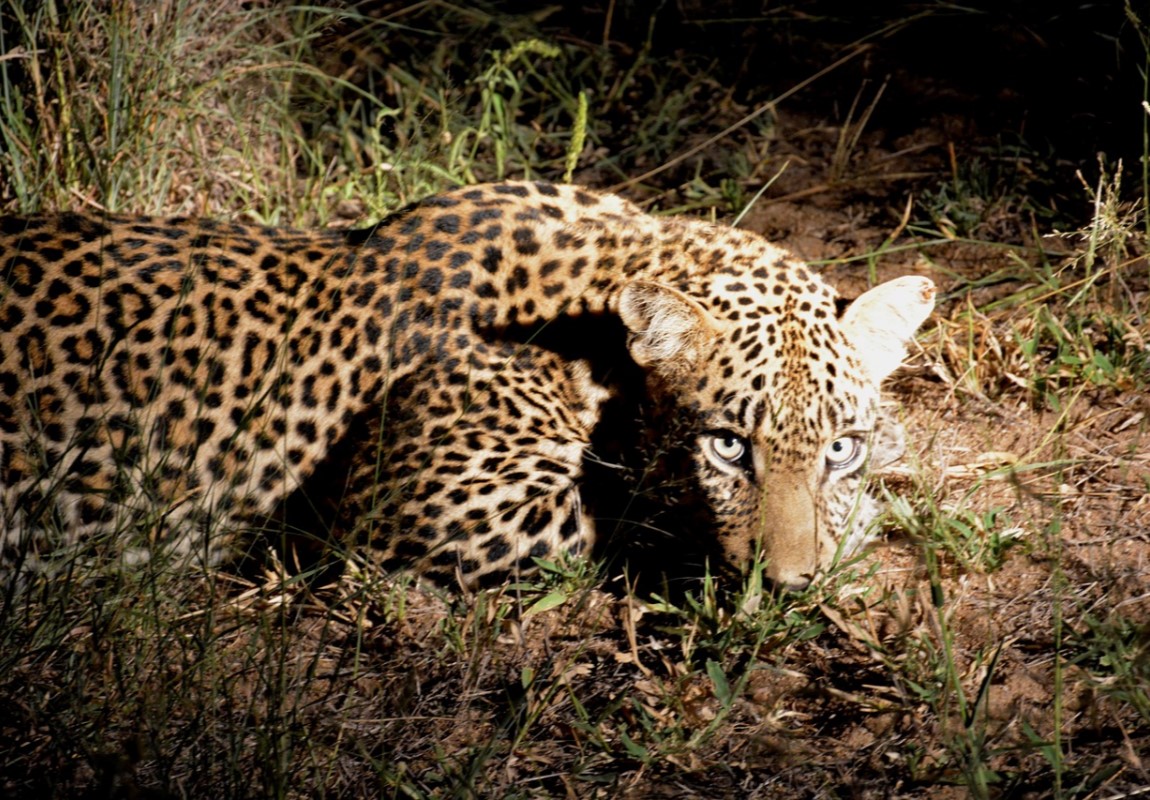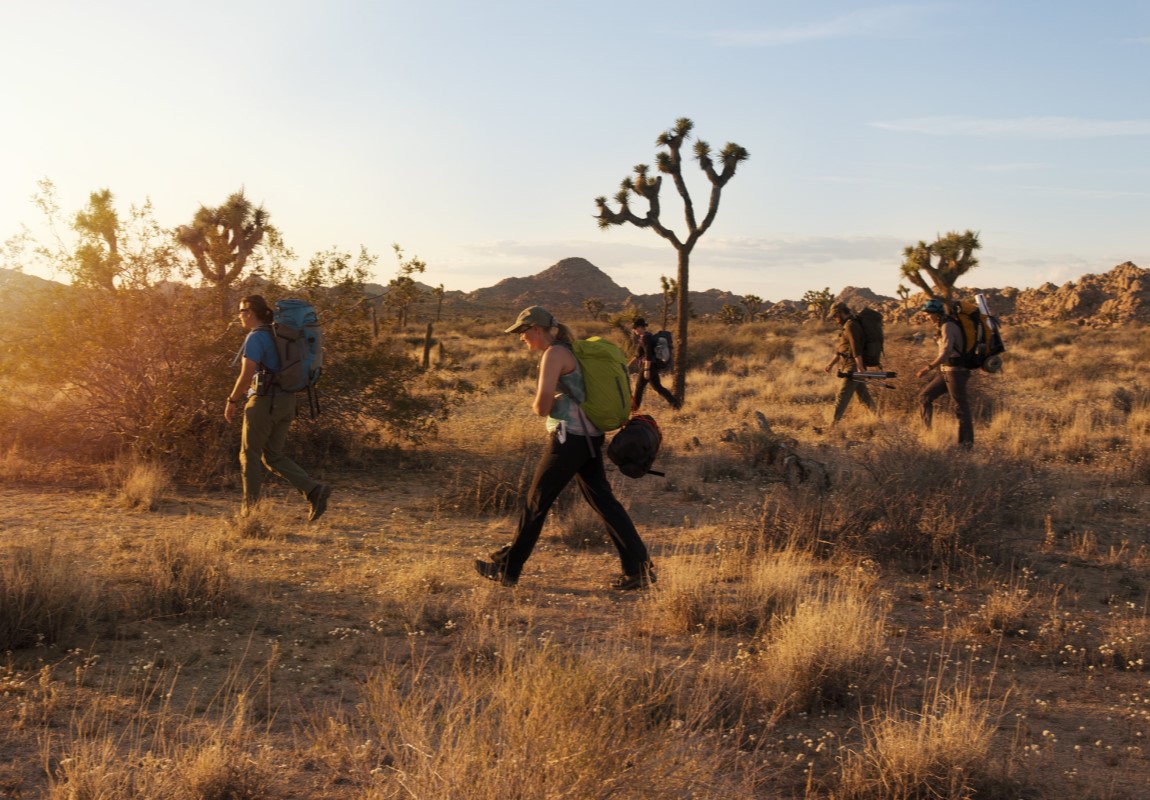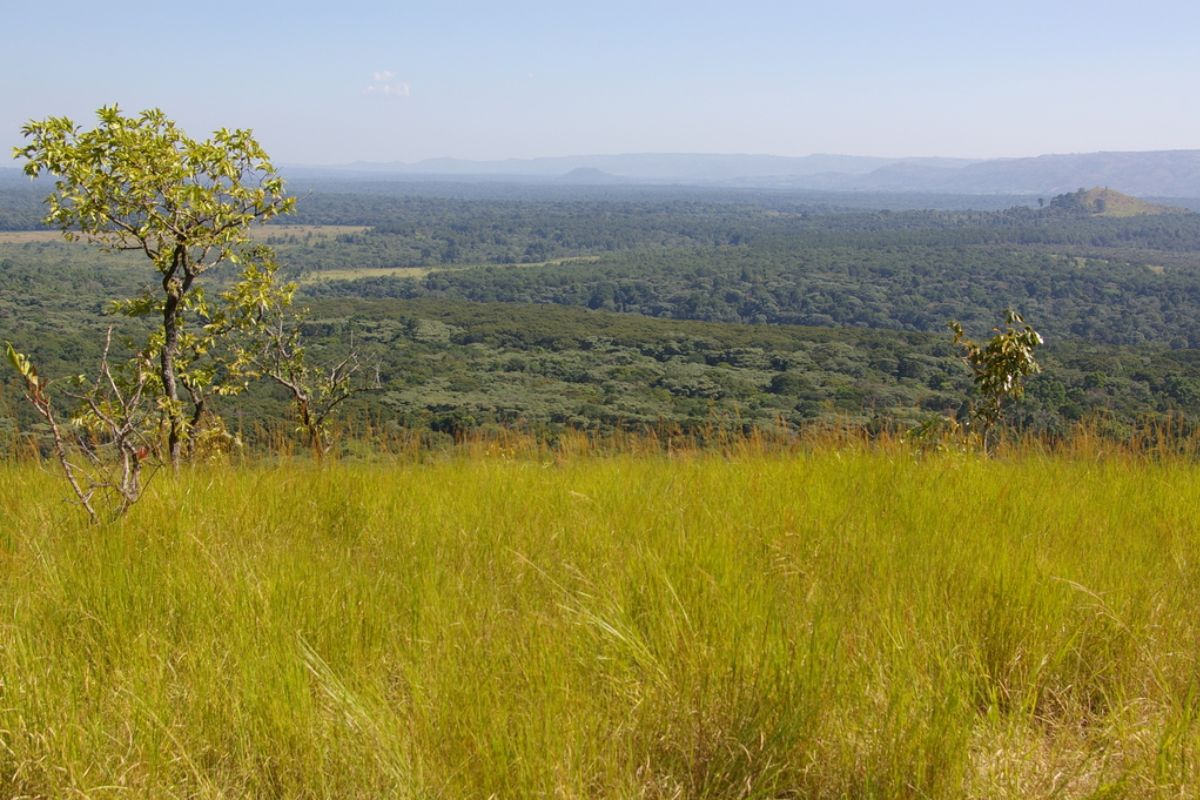Overview – Kakamega Forest NR
Time has stopped for the Kakamega Forest, a remnant of the tropical jungle that extended all over Central Africa. This delightful woodland is home to different well-evolved creatures including bush pigs, giant forest hedgehogs, colobus monkeys, Debrazzar monkeys and pottos. Some of the birds to be seen here incorporate the Blue Headed Bee Eater, Black Billed Turaco, Turner's Eremomela and Gray Parrots. Bird watching, climbing and rock climbing can be delighted here in the tranquillity of the woodland.
-
Wildlife8 Animals
-
High Seasonmid-December to March & July to October
-
Best Time to GoDecember to February and June to July
Pros & Cons
- Small but lovely Isiukhu fall
- The giant tree on Mukangu trails
- Rare tropical forest habitat
- Great hiking opportunities on several forest trails
- Fantastic birding with many West African species
- Off-the-beaten-track and little visited
- Not on any tourist circuit
- Very limited accommodation, including only one tourist lodge
Kakamega Forest NR Map in Africa
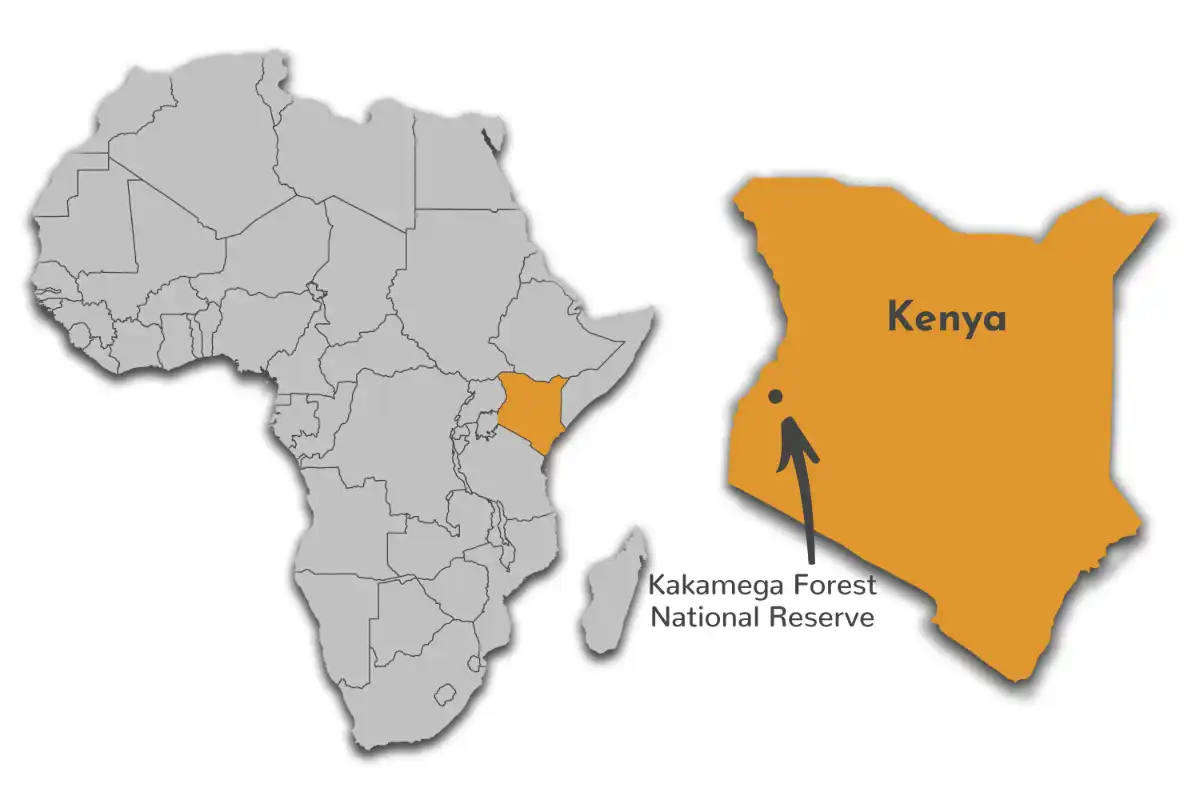
Kakamega Forest NR Safari Reviews
Want to Visit Kakamega Forest NR?
Wildlife & Animals – Kakamega Forest NR
Kakamega Forest is not primarily a wildlife destination. However, there are some small animals are available which includes a bush pig, duikers, bushbuck, African clawless otter, mongoose, giant African water shrew, squirrels, tree pangolin, porcupine, bats and a variety of primates including the blue monkey, redtail monkey, De Brazza's monkey, baboon, potto and the occasional vervet monkey.
Wildlife Highlights
The forest changes after twilight. Night walks are led by the spotlight. A portion of the nighttime animals you may experience are bushpig, genet and civet. Hammer-headed fruit bats can be found in flight. Uncommon sightings of potto and tree pangolin have been recorded and a genuine Kakamega extraordinary is the giant otter wench. There are loads of fascinating interesting insects too, including the super-sized goliath beetle.
Best Time for Wildlife Viewing
Kakamega Forest can be visited all year round, but heavy rains might interfere with hiking trips. The driest months are from December to February. The heaviest rain is in April and May, so these months are less ideal.
Want to Visit Kakamega Forest NR?
Birds – Kakamega Forest NR
Kakamega forest is famous for its birds, around 367 bird species have been recorded in the forest such as the West African Great blue turaco and black-and-white-casqued hornbill. At least 9 birds are not found anywhere else. It supports over 80 species on the eastern limit of their range from central and West Africa.
Notable Birds in Kakamega Forest NR
Best Time for Bird Watching
Kakamega forest is a bird watcher's delight the entire year. Unusual forest species are regularly long-lasting occupants and can be seen anytime. Migratory birds plunge into the forest from November to April. There is a lot of rain consistently, however, April and May are the wettest months, and travel during that time can be really difficult.
Want to Visit Kakamega Forest NR?
Best Time to Visit – Kakamega Forest NR
Kakamega Forest offers good wildlife viewing throughout the year. However, the best time to visit is in the Dry season from December to February. June to August is an excellent time for bird watching, as many birds breed and display after the rains of April and May. August and September are the best months for butterflies. Migrant birds are present from November to April.
-
Best Time
December to February and June to July
-
High Season
mid-December to March & July to October
-
Low Season
April to June & November to mid-December
-
Best Weather
December to February
-
Worst Weather
April and May
December to February (Dry Season)
- Rarely gets hot, Most of the time it's sunny & dry
- Due to short grass and less water sources, Animals can be spotted easily
- Roads are in good condition compare to other parks
- Migrant birds from Europe & North Africa can be spotted
- Special forest birds are challenging to spot
- Accommodation options are very limited, Book in advance
December to February (Wet Season)
- Bird watching is amazing
- Butterflies are abundant in the months of August and September
- Rain in April and May will sometimes come in between your planned activities
- Roads become sloppy and difficult to travel




